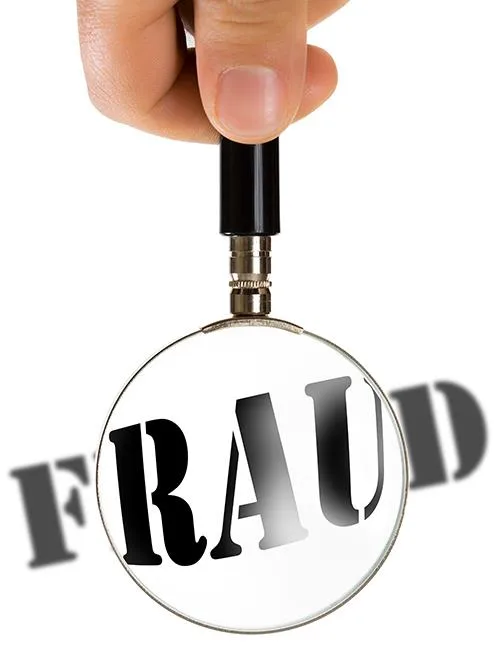Fraud, Waste, and Abuse Prevention
At VITRA Health, we are committed to operating with integrity, preventing healthcare fraud, and ensuring ethical business practices. As a provider that receives Medicaid funding, we adhere to federal and Massachusetts laws that require us to prevent, detect, and report fraud, waste, and abuse in healthcare programs.

What is Fraud, Waste, and Abuse?
Fraud, waste, and abuse in healthcare can lead to unnecessary costs, improper use of resources, and harm to patients. Understanding these terms helps ensure accountability, compliance, and the responsible delivery of care. VITRA Health follows official federal and Massachusetts definitions for fraud, waste, and abuse to ensure compliance.

-
Federal Civil False Claims Act (FCA)
The civil FCA (31 United States Code (U.S.C.) Sections 3729–3733), protects the Federal Government from being overcharged or sold substandard goods or services. The civil FCA imposes civil liability on any person who knowingly submits, or causes the submission of, a false or fraudulent claim to the Federal Government.
The terms “knowing” and “knowingly” mean a person has actual knowledge of the information or acts in deliberate ignorance or reckless disregard of the truth or falsity of the information related to the claim. No specific intent to defraud is required to violate the civil FCA.
Examples: A provider knowingly submits claims to Medicaid for services not provided or for a higher level of medical services than provided.
Penalties: Civil penalties for violating the civil FCA may include recovery of up to three times the amount of damages sustained by the Government a result of the false claims, plus financial penalties per false claim filed.
Additionally, under the criminal FCA (18 U.S.C. Section 287), individuals or entities may face criminal penalties for submitting false, fictitious, or fraudulent claims, including fines, imprisonment, or both.
The False Claims Act provides protections for “whistleblowers.” A whistleblower is a person who raises a concern about wrongdoing occurring in an organization or body of people, usually from that same organization. Whistleblower protections:
- Allow individuals to report fraud anonymously.
- Prohibit employers from threatening, intimidating, or retaliating against employees, who in good faith report misconduct or wrongdoing.
Violations of the False Claims Act result in social and business consequences, causing irreparable damage to one’s reputation, and loss of business. In addition, violations may result in civil and monetary penalties, including:
- Civil penalties, as adjusted by the Federal Civil Penalties Inflation Adjustment Act of 1990 (28 S.C. 2461 note: Public Law 104–410)
- Exclusion from participation in Medicare and Medicaid
- Plus, treble damages suffered by the government
- Possible criminal prosecution and imprisonment
- Trial costs
-
Massachusetts False Claims Act
The Massachusetts False Claims Act (MFCA) prohibits knowingly presenting (or causing to be presented) to Massachusetts a false or fraudulent claim for payment or approval. The MFCA also:
Prohibits knowingly making or using (or causing to be made or used) a false record or statement to get a false or fraudulent claim paid or approved by Massachusetts or any political subdivision thereof.
Prohibits conspiring to defraud Massachusetts or any political subdivision thereof through the allowance or payment of a fraudulent claim, and knowingly making or using (or causing to or to be made or used) a false record or statement to conceal, avoid, or decrease an obligation to pay or to transmit money or property to Massachusetts or any political subdivision thereof.
Anyone who enters into an agreement or contract with Massachusetts or a political subdivision, knowing that the information contained therein is false, violates the MFCA.
In addition, anyone who benefits from a false claim that was mistakenly submitted violates the MFCA if he or she does not disclose the false claim within a reasonable time after he or she discovers it.
Civil penalties can be imposed on any person or entity that violates the MFCA, including monetary penalties up to $11,000 per false claim as well as damages of up to three times Massachusetts’ damages resulting from each false claim.
How to Report Fraud, Waste, and Abuse
It is the responsibility of every employee, contractor, and community member to report suspected fraud, waste, or abuse. Reports can be made confidentially, and VITRA Health prohibits retaliation against individuals who report suspected violations in good faith.
Report Potential Fraud
Email: [email protected]
Mail: 150 Wood Road Suite, 201
Attention: Compliance Officer
Braintree, MA 02184
